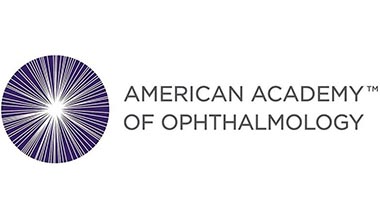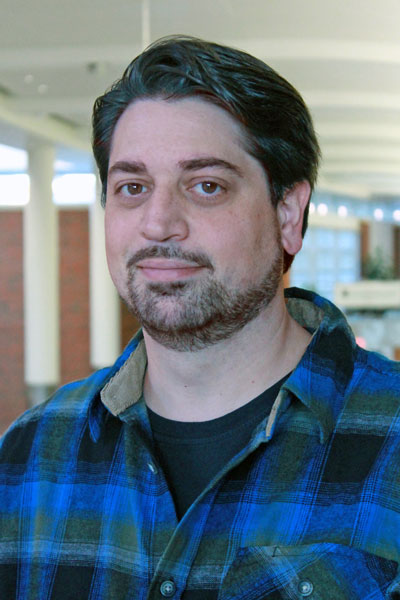Research Faculty Expands
The arrival of Susana Marcos, PhD, raised the Eye Institute’s research profile to new heights. The recent addition of two more investigators, Juliette, McGregor, PhD, and Michael Telias, PhD, elevates the group into an even higher orbit. Both received their appointments during the 2021–2022 academic year and are already drawing attention from the vision research community.
McGregor is no stranger to FEI. The assistant professor of ophthalmology and Feldon Scholar has been at the University of Rochester since 2016. She started as a postdoctoral research fellow and was promoted to research associate at the University of Rochester Center for Visual Science, where she collaborated with many FEI researchers. McGregor completed her undergraduate and graduate studies in the United Kingdom at the University of Cambridge. She did her undergraduate degree in physics, a master’s in neurobiology, and a doctorate in physics. She remained in England before coming to Rochester, doing postdoctoral research involving super-resolution microscopy.
Since her arrival in Rochester, McGregor has been involved in numerous projects developing and using adaptive optics scanning laser ophthalmoscopy to image and understand the health and function of light gathering photo receptors in the living eye. Her work in this area recently culminated in a National Eye Institute Audacious Goals Grant, where she and her team will be using adaptive optics to evaluate the effectiveness of vision restoration techniques.
Telias joined the research faculty as assistant professor of ophthalmology. Most recently he was a postdoctoral Scholar in the Department of Molecular and Cell Biology at University of California, Berkeley, where he did extensive work related to inner retinal remodeling in degenerative blinding diseases. He completed his undergraduate degree in biomedical Sciences at Hebrew University of Jerusalem and his doctorate in cell and developmental biology at Tel-Aviv University. Telias is also a member of the Center for Visual Science and has an appointment with the Del Monte Institute for Neuroscience.
Telias’ research focuses on two main areas. The first involves understanding the molecular and physiological mechanisms of cellular remodeling that occur during and after retinal degenerative disease. Defining these pathways may uncover therapeutic targets to block or reverse the damage that occurs in blinding diseases such as age-related macular degeneration and retinitis pigmentosa. His other research is aimed at understanding the mechanisms involved in Fragile X Syndrome. This inheritable condition is a leading cause of intellectual disability and autism. For these investigations he collaborates with the Del Monte Institute’s Intellectual & Developmental Disabilities Research Center.
Both early-career scientists have compiled impressive lists of publications and have developed unique approaches to visualizing cellular activities that occur in blinding diseases.
Stephen Kofron | 9/7/2022




